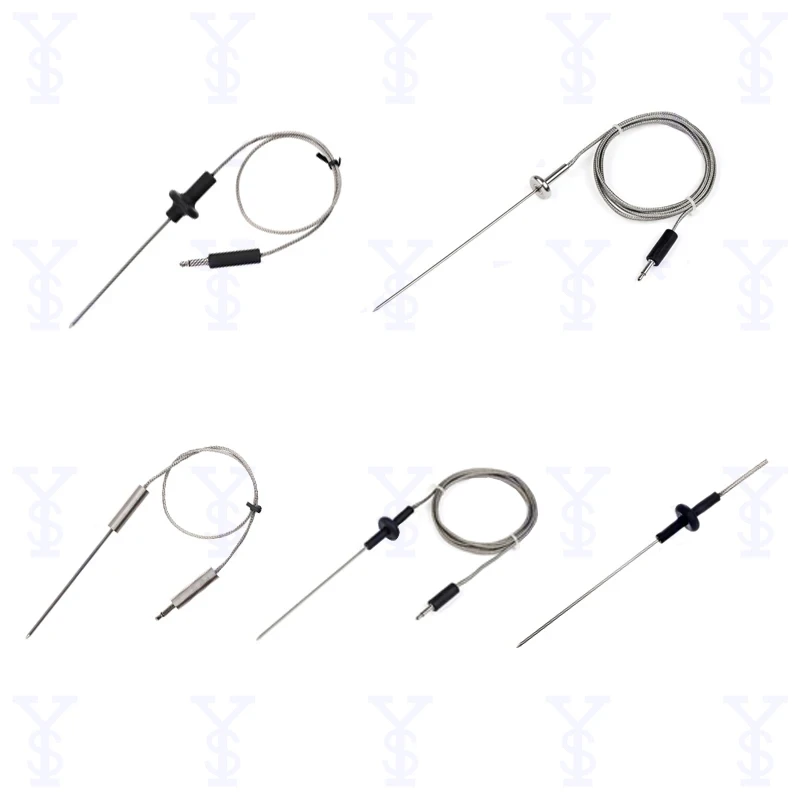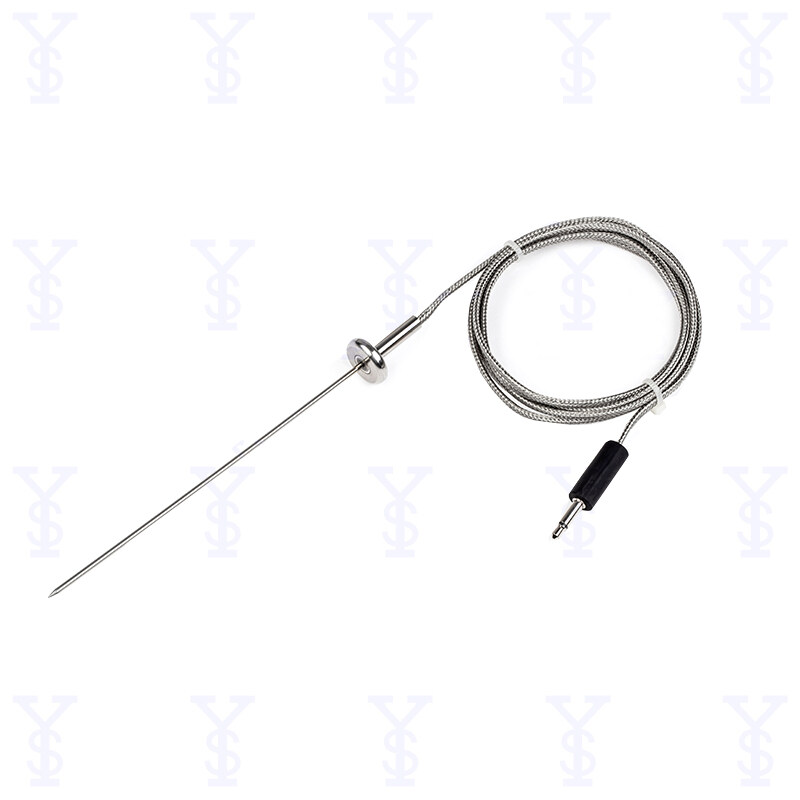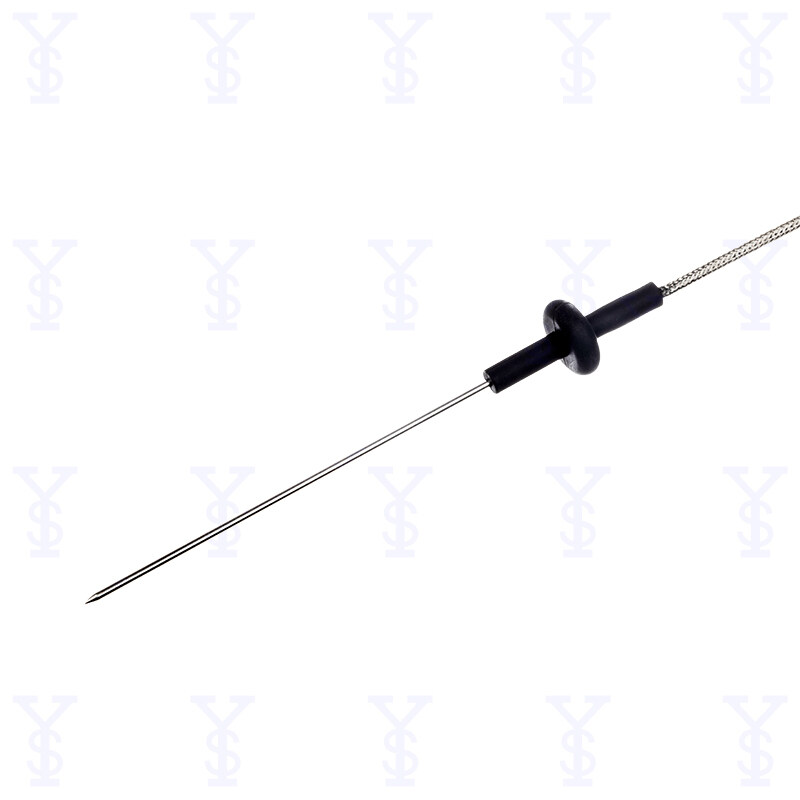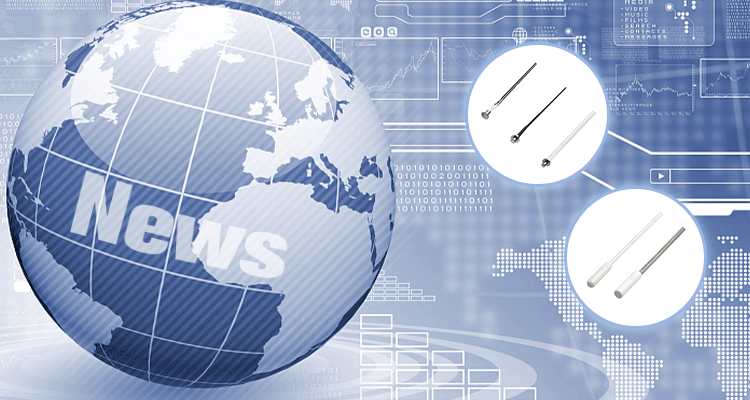Posta elektronikoaren formatuan errorea
emailCannotEmpty
emailDoesExist
pwdLetterLimtTip
inconsistentPwd
pwdLetterLimtTip
inconsistentPwd


How Do I Calibrate a Food Temperature Probe in 2 Ways?
Ensuring the accuracy of your food temperature probe is crucial for both food safety and quality. Calibration is a simple yet essential process that helps maintain the precision of your thermometer. In this blog, we’ll explore 2 ways to calibrate a food temperature probe and delve into the steps involved in each method.
Understanding Calibration
Before we discuss how to calibrate a food probe, it’s important to understand what calibration means. Calibration is the process of adjusting a thermometer to ensure its readings are accurate and reliable. This is typically done by comparing the thermometer to a known temperature standard and making adjustments if necessary.
The Ice Water Method
One of the most common and straightforward 2 ways to calibrate a food temperature probe is the ice water method. This technique relies on the fact that pure ice water has a consistent temperature of 0°C (32°F), which serves as our calibration standard.
To calibrate your food probe using the ice water method, follow these steps:
Fill a glass with ice cubes, then top it off with cold water.
Stir the mixture and let it sit for about three minutes to stabilize.
Insert the food probe into the glass, ensuring it doesn’t touch the sides or bottom.
Wait for the temperature reading to stabilize. It should read 0°C (32°F).
If the reading is off, adjust the thermometer according to the manufacturer’s instructions. This usually involves holding down a calibration button or turning a calibration screw.
The Boiling Water Method
The second of the 2 ways to calibrate a food temperature probe is the boiling water method. Since water boils at a known temperature (100°C or 212°F at sea level), it provides another reliable standard for calibration.
Here’s how to calibrate a food probe using the boiling water method:
Bring a pot of water to a rolling boil.
Once boiling, insert the food probe into the water without touching the pot’s sides or bottom.
Wait for the reading to stabilize. It should be at 100°C (212°F) at sea level.
If the reading is incorrect, make the necessary adjustments as per the manufacturer’s instructions.
Factors Affecting Calibration
It’s important to note that the boiling point of water changes with altitude, so the boiling water method requires an adjustment based on your location. Additionally, both methods assume that the food probe is in good working condition. If your thermometer is damaged or has a worn-out battery, it may not calibrate correctly.
Frequency of Calibration
How do I calibrate a food probe regularly? It’s recommended to calibrate it regularly, especially if it’s used frequently or subjected to extreme temperature changes. Some professionals advise calibrating before each use, while others recommend a weekly or monthly schedule.
Conclusion
Knowing how to calibrate a food probe is a fundamental skill for anyone working in the culinary field. By mastering the ice water and boiling water methods, you can ensure your food temperature probe delivers accurate readings every time. Regular calibration is a small but critical step in maintaining food safety standards and achieving the desired results in your cooking. Remember, a well-calibrated food probe is a chef’s best friend in the kitchen.

